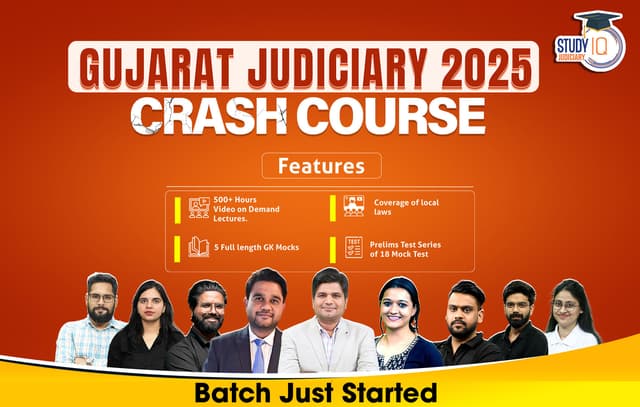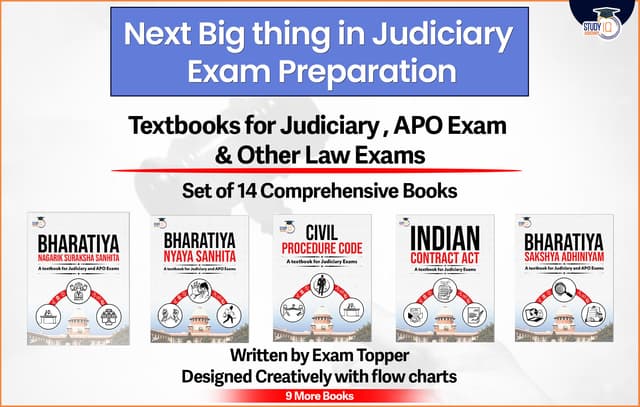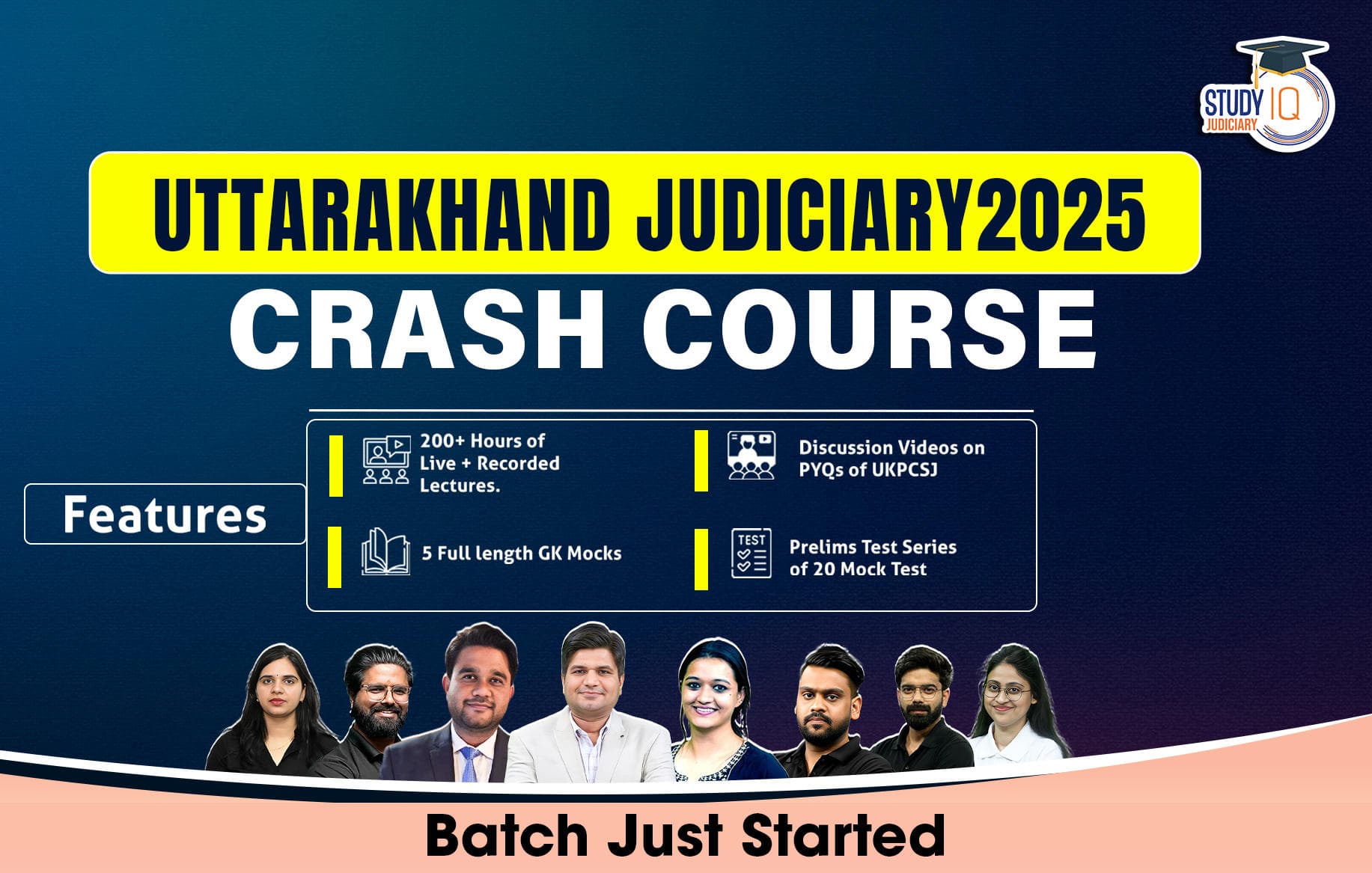Table of Contents
The right to free speech and expression is a fundamental pillar of constitutional democracy. In India, where diversity in thought, belief, and political philosophy is significant, this right holds even greater importance. The scope and implementation of free speech in academic institutions remain challenged, prompting significant concerns regarding institutional autonomy, constitutional rights, and intellectual freedom.
Right to Freedom of Speech and Expression: Historical Backdrop
- John Milton’s Areopagitica (1644) is among the earliest and most significant works advocating for freedom of expression.
- Milton contested the pre-publication censorship, referred to as imprimatur, enforced by the British Parliament.
- The license system for publications, first established in 1538 and reinstated in 1643, suppressed dissent and controlled public debate.
- The similarities between such a system and contemporary institutional regulations on academic discourse present significant issues for any democratic society that cherishes intellectual independence.
Constitutional Framework for Freedom of Speech and Expression: Article 19(1)(a)
- Article 19(1)(a) of the Indian Constitution ensures the Right to Freedom of Speech and Expression.
- This freedom enables persons to articulate their opinions freely via speech, writing, or other forms of communication.
- Article 19(2) permits reasonable restrictions for the sake of sovereignty, national security, public order, decency, morality, and other justifications.
- The term “reasonable” was introduced by the First Constitutional Amendment (1951), permitting the State to impose restricted limitations when public interests are involved.
- Subsequent amendments, including the Sixteenth Amendment (1963), incorporated “sovereignty and integrity of India” as an additional ground for restriction.
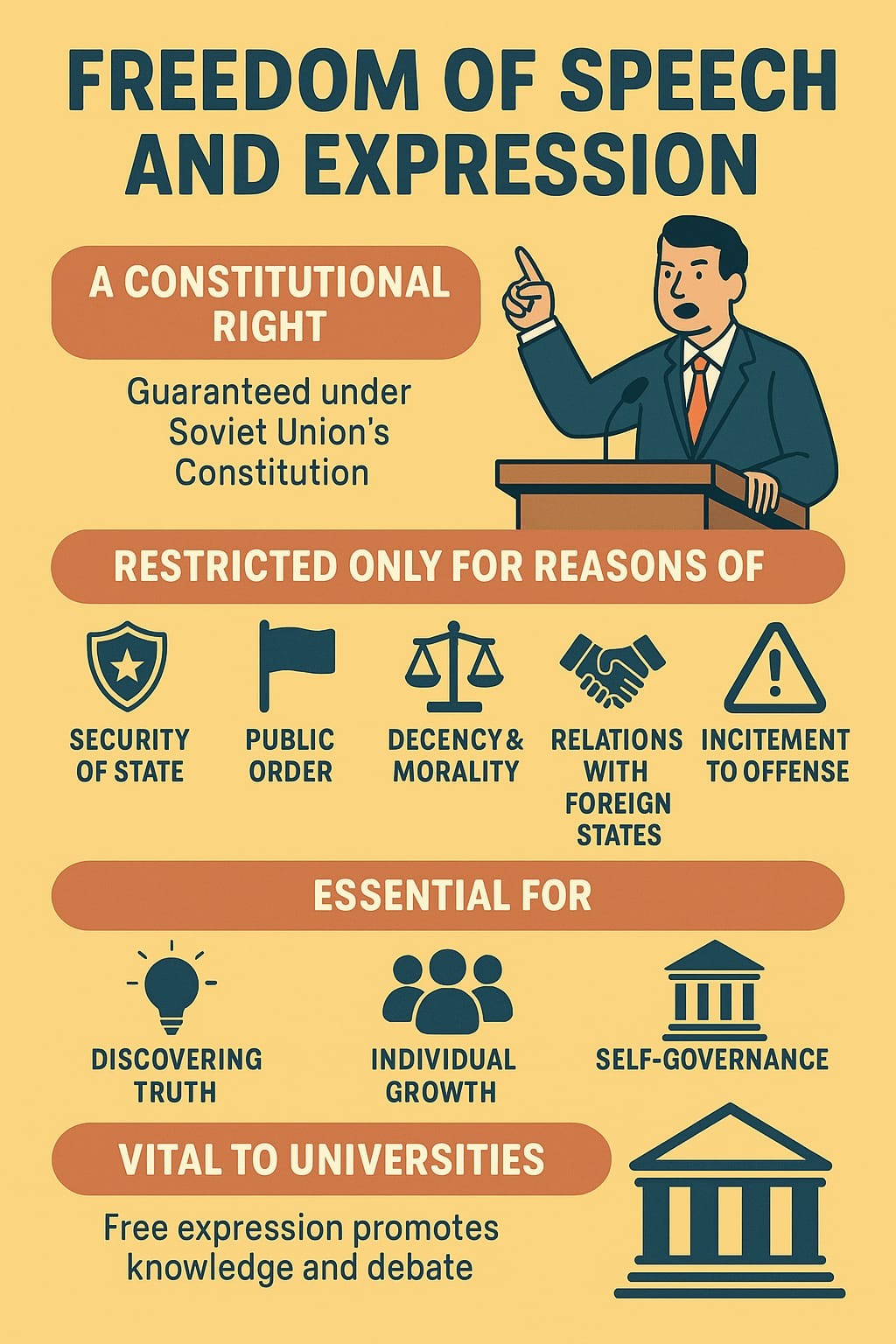
Universities and Constitutional Freedoms
- Universities are intended to be the incubators of critical thinking and dissent.
- Recent trends indicate a growing inclination to combine personal academic speech with political activism, resulting in criticism or dismissal.
- The notion that faculty members may solely participate in research while refraining from articulating opinions on social or political issues fundamentally undermines the essence of the Constitution.
- In Janet Jeyapaul vs. S.R.M. University (2015), the Supreme Court determined that private universities executing public tasks might be classified as “State” under Article 12, thereby subjecting them to constitutional examination under Articles 14 and 19.
Purpose of Free Speech in the Indian Context
The right to free speech fulfils various functions:
- Promoting Intellectual Inquiry: A robust democracy necessitates the inclusion of many perspectives, particularly within academic institutions.
- Facilitating Government Accountability: Free speech allows individuals to evaluate government policy, thus improving transparency.
- Promoting Self-Actualisation: As established in various Supreme Court rulings, the freedom to free expression fosters personal fulfilment and independence.
- In periods of national turmoil, like as warfare or pandemics, the preservation of free expression guarantees the articulation of diverse perspectives, resulting in more thorough solutions.
Freedom of Expression and Global Comparisons
A) United States of America
- The First Amendment to the U.S. Constitution (1791) expressly prohibits Congress from restricting freedom of speech or of the press.
- In Texas v. Johnson (1989), the U.S. Supreme Court upheld flag burning as a form of symbolic communication.
- This broad perspective maintains that even controversial expressions are essential for a democratic society.
B) United Nations and the International Covenant on Civil and Political Rights (ICCPR)
- India is a signatory to the ICCPR, which, under Article 19, ensures the right to freedom of expression.
- This encompasses the “freedom to seek, receive, and impart information and ideas of all kinds, regardless of frontiers.”
- The covenant allows restrictions solely when essential to uphold the rights or reputations of others, or to safeguard national security or public order.
- India’s poor ranking (151 out of 180) in the World Press Freedom Index highlights the necessity for the nation to reaffirm its adherence to constitutional and international standards.
Judicial Endorsements of Free Speech
- In Anuradha Bhasin vs. Union of India (2020), the Supreme Court confirmed that Internet connectivity is essential to the freedom of speech and expression.
- It underscored the principle of proportionality, mandating that any limitation must be essential, legitimate, and minimally invasive.
- The court asserted that executive orders cannot arbitrarily restrict speech; any restrictions must be grounded in statute and must satisfy the proportionality test.
The Danger of Overreach by Universities
- Many universities, both public and private, endeavour to suppress faculty voice via internal regulations or external pressures from business or political entities.
- Characterising dissenting academic perspectives as activism, and hence beyond the acceptable boundaries of employment, erodes constitutional safeguards.
- When speech adheres to constitutional parameters, institutions should ideally endorse such expression or, at a minimum, refrain from penalising it.
- Suppression engenders a chilling effect that deters critical thinking, stifles creativity, and repels outstanding researchers from academic institutions.
Freedom of Speech and National Security
- The notion of “nation first” is unequivocal.
- Nonetheless, this cannot serve as a universal rationale to suppress all expressions of dissent.
- Free expression and national security are not inherently contradictory.
- A robust democracy must embrace divergent perspectives, even in times of crisis, as these viewpoints frequently contribute clarity, innovation, and accountability.
Knowledge, Truth, and the Marketplace of Ideas
- Justice Oliver Wendell Holmes‘s metaphor of the marketplace of ideas, asserting that truth emerges via open discourse, underscores the value of free speech in identifying truth.
- In a landscape rife with disinformation and false narratives, permitting the coexistence of diverse perspectives guarantees that inaccuracies are contested and truth ultimately prevails with more resilience.
- The Indian university must persist as a “universe of knowledge” or Vishwaguru, a venue for the discussion, examination, and critique of all ideas.
- Silencing voices due to institutional unease contravenes both Article 19 and Article 14 (equality before the law).
- Private entities also cannot infringe upon these guarantees under the pretext of autonomy.
- Although freedom of speech is not unconditional and should be used with accountability, it is not a privilege bestowed by the State; rather, it is an inherent right.
- Maintaining this right within our universities is not merely a legal obligation but also a moral duty.
- In its pursuit of becoming a Vishwaguru, India must exhibit moral leadership in safeguarding human rights and liberties, starting with the freedom to think, speak, and educate.

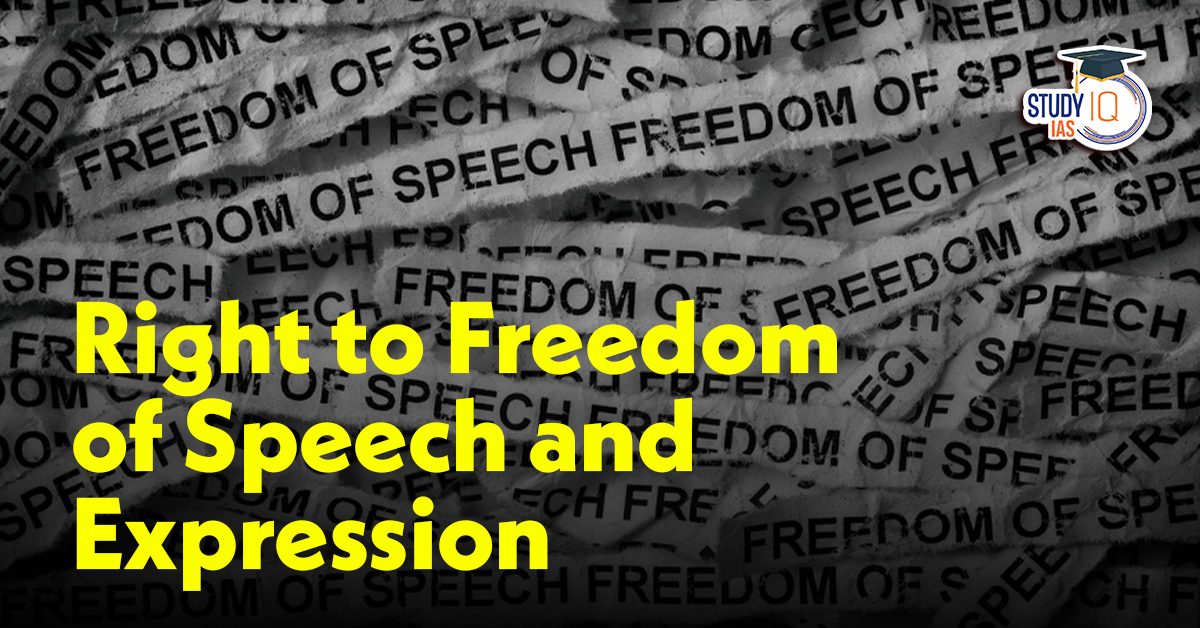
 Warring Couples Cannot Make Courts Their...
Warring Couples Cannot Make Courts Their...
 Tackling Child Trafficking in India: Leg...
Tackling Child Trafficking in India: Leg...
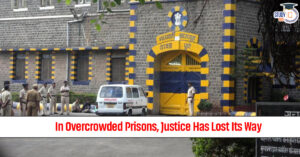 In Overcrowded Prisons, Justice Has Lost...
In Overcrowded Prisons, Justice Has Lost...





